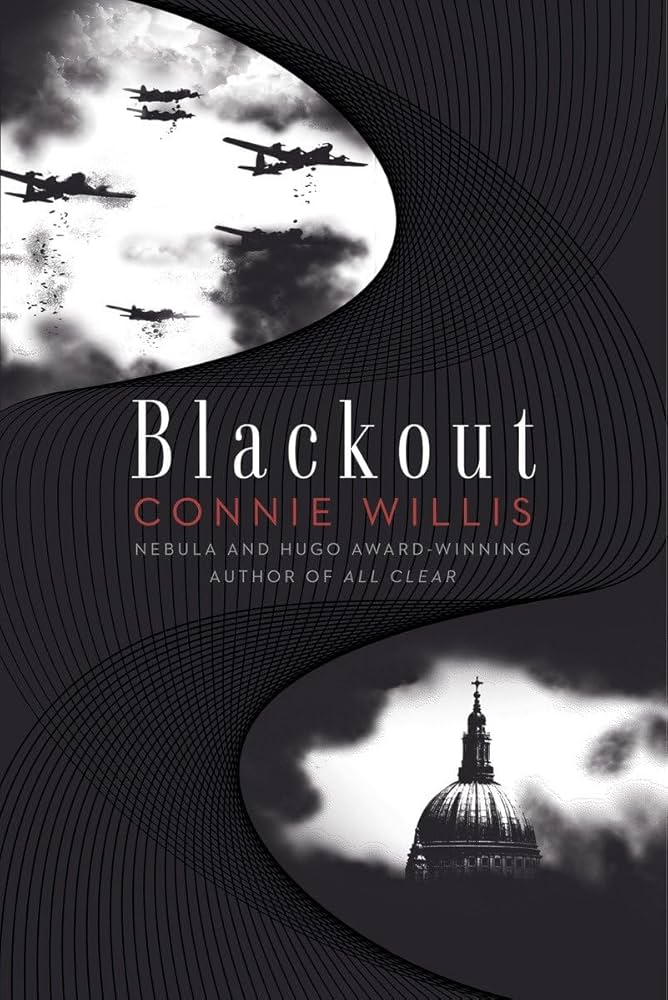 Bottom line up front: If you like strong characters and science in your science fiction, you can safely skip this one.
Bottom line up front: If you like strong characters and science in your science fiction, you can safely skip this one.
Details: I picked up Blackout because it, along with its duology partner, All Clear, somehow won a Hugo Award. I really wanted it to be good. That hope kept me turning pages. In the end, I was disappointed. I’ll never bother looking for the second book, because I’ve already wasted 491 pages of reading. A boring book is not helped by a high word count.
I disliked it to the point that I’m not going to spend the time linking to the book or the author.
The basic premise is that “historians” in Oxford, 2060, have a magical time machine that allows them to travel to the past. I’ve read a lot of good time travel novels. This isn’t one. The “historians” are doing research for their graduate school theses. So, they have chosen topics guaranteed to result in papers that will not be read outside a very small circle of historians and their thesis advisor. Topics such as “The Life of a Shop Girl in London During the Blitz,” “The Life of a Maid Tending to Children Evacuated to Rural England During WWII,” and “How England Dealt with Dunkirk Evacuees When They Returned.”
If you’re interested in the period, and those topics, then go read the book. Try not to hate the whiny, simpering characters too much.
Shouldn’t time travelers have some gumption? Grit? Logic?
The twist in the novel is that they get stuck in the past and now pine away waiting for a retrieval team to save them. I’m content to leave them there.
One particularly irksome episode during the Shop Girl story arc involves a black skirt. Shop Girl needs a black skirt and those buffoons in 2060 could only get her a navy skirt. They do give Shop Girl plenty of cash. Instead of simply buying a black skirt in 1940, Shop Girl gets in trouble for wearing a navy skirt and spends endless pages fretting about what to do.
Willis writes well but does not tell an interesting tale in this book. On the Feral Scale, Blackout comes in at a 4 for story, and a 2 for science.
Now, go read some good sci-fi, like SPARK and Fire!
